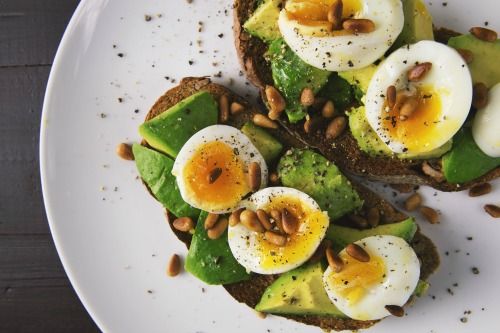
Personally and professionally, I’m not one for supplements and believe that an adequate balanced diet incorporating all the major food groups with lots of fruit and veg should do it. That being said, it’s come to that point in time, when for the general population in the UK, it just isn’t enough. (1)
So listen up, I’m aiming to keep these blog posts short and sweet, with ample levels of evidence, but that you can get through in max 5 minutes, because quite frankly everyone is so busy they don’t have time to read lengthy posts.
Vitamin D comes in two forms, D2 and D3. We obtain D2 from plant food sources and D3 from animal sources such as red meat, oily fish, egg yolks as well as sunlight. But D3, and that’s where it’s a bit more complicated as in addition to the diet, the majority of it comes from being synthesized in the skin with the presence of sunlight. (4) However in the UK, from October to March the sun just isn’t strong enough to work with the skin and generate vitamin D3. (1)
So we need to supplement. What’s the deal? It’s a minefield I know…
Most of the general population only require a vitamin D supplement of 10micrograms. This applies to all over the age of one, my tips are:
- Health food stores tend to have good deals on supplement tablets but be careful on which tablets they are promoting, online might be more suitable just make sure it’s a credible store.
- You only need 10micrograms, not 20, not 25, not 50, so only buy a tablet that contains 10micrograms, your bank account will thank you and your body won’t use the extra vitamin D from a higher dose as it simply doesn’t need it.
- It shouldn’t cost you more than £4.00 for a bottle of 100 tablets – if it does shop elsewhere or check to make sure you are buying the right dose.
- Read the label – make sure it’s D3, make sure it’s only 10mcg and that you aren’t getting ripped off.
- You can also get vitamin D supplements through the Healthy Start programme (3)
- Babies under the age of one consuming infant formula are fine as it already contains adequate vitamin D levels. Those over the age of one should have the same supplement level as adults however vitamin D drops may be more palatable.
- Those with dark skin should consume a vitmain D supplement all year round.
The likelihood of having too much vitamin D in your system is low and generally the risk only builds up with an intake of more than 100mcg per day so you are generally pretty safe. (5) And why do we need it? It promotes calcium absorption in the gut, it’s needed for bone growth as well as healthy teeth, it’s really important in immune health and for cell growth and metabolism. (2)
If you have a medical condition which is affected by vitamin D, speak to your GP before taking any supplements, however for the majority a daily dose is absolutely good for your health.
So go now, on your way home from work, on your way to the shops or jump online. Make it a habit, your body will thankyou until the sun consistency brightens up our days from April onwards!
References:
- Public Health England, https://www.gov.uk/government/news/phe-publishes-new-advice-on-vitamin-d
- Scientific Advisory Committee on Nutrition (SACN) Vitamin D and health report, 21st July 2016
- Healthy Start – https://www.healthystart.nhs.uk/ 2017
- Tripkovic, L. et al. Health benefits of vitamin D dependent on type taken. Biotechnology and Biological Sciences Research Council, May 2012
- NHS choices, vitamins and minerals. https://www.nhs.uk/conditions/vitamins-and-minerals/vitamin-d/ March 2017

Recent Comments